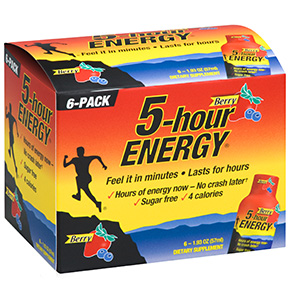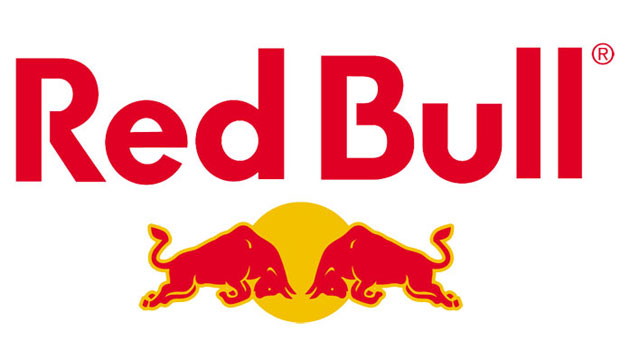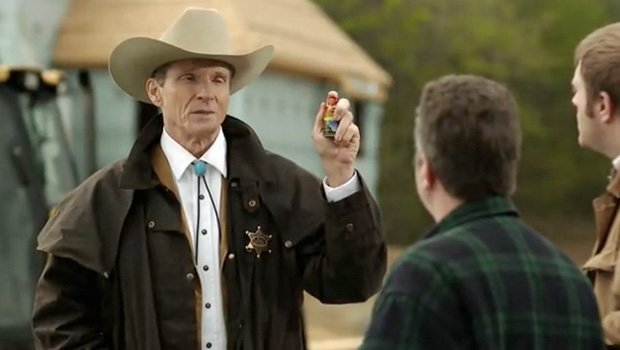
5-Hour Energy Drinks
January 2015: A federal judge dismissed some of the false advertising claims in this lawsuit. Specifically, the judge dismissed the false advertising claims that were based on off-label representations, such as the ones made in television commercials, because the plaintiffs did not specify which statements they relied on when purchasing 5-Hour Energy. The other false advertising claims will move forward.
June 2013: Several lawsuits filed against the marketers of 5-hour Energy for allegedly misleadingly advertising the energy drink were transferred to the same court and consolidated to be heard together. The consolidated complaint alleges that the companies falsely represent that the drink provides five hours of energy thanks to its B-Vitamins and amino acids when, in reality, the drink does not provide the advertised amount of energy and any increase in energy is actually due to its highly concentrated dose of liquid caffeine. In addition, plaintiffs claim that the companies market 5-Hour Energy as having “no crash later” when, in reality, they cause the same “crash” as other less expensive energy drinks. (In Re: 5-Hour Energy Marketing and Sales Practices Litigation, Case No. 13-ml-02438, C. D. CA.).
For more information about other class-action lawsuits regarding 5-Hour Energy products and TINA.org’s coverage of the product, click here.
Class-Action Tracker

The Latest

Energy Drink Companies Under Legal Attack
What you should know about some of the industry’s top brands, including Red Bull and 5-Hour Energy.

What’s Magic about this Ingredient in Energy Drinks?
Your browser does not support the video tag. Shocking news flash: the “energy” from energy drinks comes from caffeine, and not the other fluffy ingredients, such as the “B vitamins…